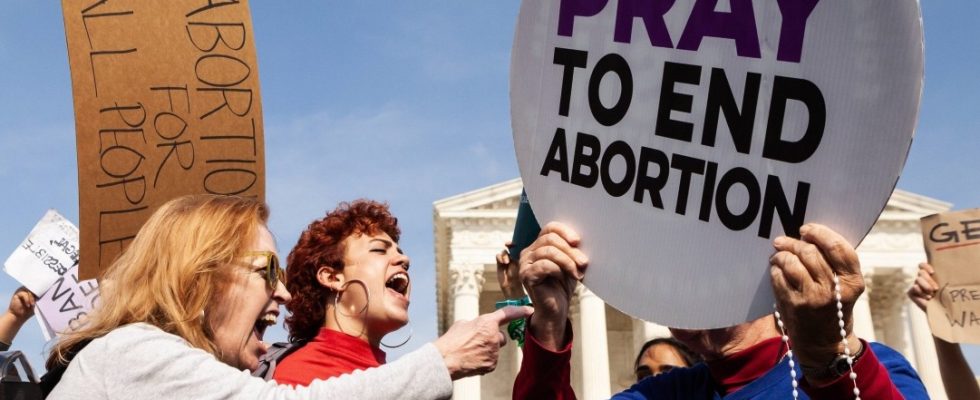There is no shortage of hot topics. Climate change, Russia, the Middle East, Corona, gender, racism – the list could go on almost indefinitely. In almost all cases, two sides are irreconcilable and refer to each other as representatives of darkness. Lack of understanding of the opposing position causes self-righteous anger to simmer: If only they would realize that they are on the wrong side! Seen this way, psychologists led by Jake Womick and Daniela Goya-Tocchetto have good news to announce: the moral feelings of those on the left and those on the right come from the same source. “It is important to everyone to protect the weak from suffering,” write the psychologists and then provide the essential caveat: “But not everyone can agree on who these particularly weak people are.” This core moral conflict lies behind every dispute that takes place over the hot topics of the present.
In experiments with more than 5,500 participants, the psychologists gathered evidence that rival ideas about vulnerability could be sufficient to explain moral conflicts between leftists and conservatives. “If people disagree about the vulnerability of a being, then they also argue about the morally appropriate way to deal with it,” write the psychologists. In the abortion dispute, for example, respect, cover, some view the unborn life as particularly vulnerable, while others view the health and autonomy of the pregnant woman. In both cases the aim is to prevent damage. But there is a debate about who needs to be protected – and some are denigrated as baby murderers, others as misogynists. Since such assumptions about the need for protection are made intuitively and not rationally, this results in a profound blindness to the moral considerations of the other side, say the researchers.
Conservatives have a broader understanding of who or what is considered vulnerable
The team led by Womick and Goya-Tocchetto also discovered another pattern in their data that distinguishes leftists and conservatives. In comparison, members of the progressive camp maintain a more binary concept of strength and weakness. They divide the world into particularly weak, vulnerable people and particularly strong, invulnerable people. This is revealed, for example, in left-wing thought patterns, according to which more or less everything can be explained as a relationship between oppressors and the oppressed and this is linked to identity characteristics such as skin color or gender.
Conservatives, on the other hand, have a broader understanding of who or what is considered in need of protection, according to the data. They view “all people as more or less equally vulnerable,” write the psychologists – and emphasize elsewhere that they neither want to take a position nor speak of right or wrong, but rather try to understand the fundamentals of the often bitter political disputes. And with that, to hopefully provide general reassurance, the conciliatory message: All sides are committed to preventing damage. But who is in need of protection? That’s just where the pieces are flying.

